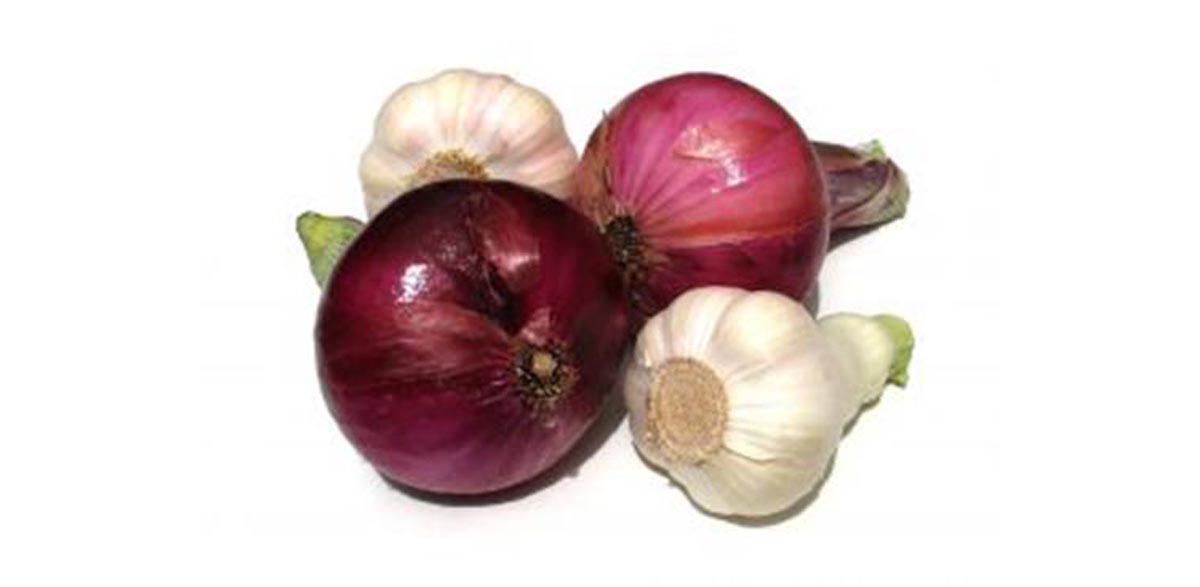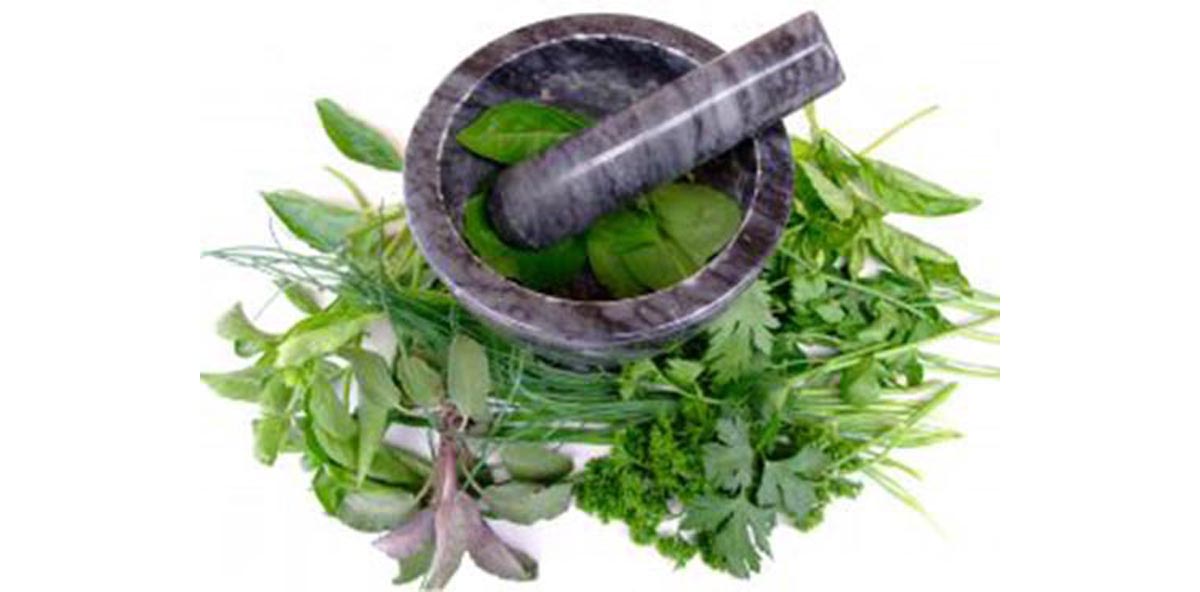Antibiotics are a category of drugs that changed the world and saved countless lives. They are medically referred to as "antimicrobials," which means they inhibit the growth of bacteria without causing significant damage to the person using them.
The food we eat can harm or heal us, and in the following article, we will discuss foods that act as natural antibiotics or antimicrobials — foods that inhibit the proliferation of harmful bacteria, in other words.
One of the biggest problems with understanding which foods offer antibiotic qualities is misinformation. Many people walk away from researching and reading, feeling confused that they have not truly received accurate information. The following information is designed to provide you with a better understanding of which foods offer the best antibiotic properties and what these foods can do for your body.
Foods That Contain Natural Antibiotic Qualities and Properties
The following article provides a list of foods that contain natural antibiotic qualities. This text also features accurate information relating to what these foods offer to a person health wise.

Garlic
Garlic is a natural antibiotic that has been used since ancient times. Garlic in the diet helps reduce cholesterol, triglycerides and blood pressure, helps thin the blood, and acts as an expectorant and decongestant.
In the past, garlic was used for its antimicrobial properties. In World War I, garlic was used to treat typhus and dysentery, and during World War II it was used to ward off sepsis (blood poisoning). Modern research has shown that garlic has great antibiotic properties, as well as having other health benefits. Japanese, Russian, English and American scientists have conducted extensive research which shows a diet which contains larger amounts of garlic reduces the risk of stroke, hypertension, tumors, and certain forms of cancer and can help with treatment of the common cold. [1]
Onions
A close relative of garlic, onions have also been shown to have excellent antibiotic properties with a history of usage dating back to ancient Rome. Onion comes with an extensive list of beneficial medicinal properties — onions are a herbal analgesic with an anti-inflammatory substance that increases circulation and alleviates angina. Onions are traditionally used in the treatment of the common cold and flu, and for people who have a persistent cough. [2]
Honey
Honey has long been used as a traditional topical treatment for wound infections and has shown to be effective against certain antibiotic-resistant bacterial strains. Honey has been demonstrated to have a broad range of antimicrobial action against a broad range of both fungi and bacteria. Further research is ongoing to determine further all the healthful benefits of honey’s antibiotic properties, and honey is once again being used in the treatment of wounds in some hospital settings, as well. Manuka honey, from New Zealand, is said to be especially beneficial. [3]
Australian Tea Tree Oil
This amazing oil comes from a small, fragrant evergreen tree and you'll find it in health food stores. Its substance can be applied topically to treat fingernail fungus, slow healing wounds, active acne, and sores. [4] While tea tree oil has been proven to have antibacterial properties, it is also rather potent — so it is best to dilute it with clean water.
Fruit That Contains Vitamin C
Fruits high in vitamin C are widely recommended for everyone, because they can help stave off or eliminate certain infectious bacteria. Vitamin C is essential for growth and development and serves the function of skin repair. Vitamin C is critical in wound healing, it strengthens your immune system and increases your body’s ability to resist infection. [5]
Studied first in the 1930s by Dr. Fred Klenner at the University of North Carolina, the antibiotic action of vitamin C was shown to help patients heal from snake bites, viral and bacterial infections. Fruits rich in vitamin C include kiwi, strawberries, oranges, pineapple, honeydew melon, mangoes, plums, and watermelon.
Vegetables Rich In Vitamin C
Due to the high vitamin C content of some vegetables, the following foods can serve as a natural antibiotic as well; cabbage, kale, Brussels sprouts, cauliflower, broccoli, asparagus, tomatoes, and spinach. [5]
Fermented Foods
We prepare fermented foods with microorganisms, mainly bacteria. Therefore, fermented foods can also be considered as a form of natural antibiotics because they reintroduce larger quantities of friendly bacteria into the body. These foods are often recommended in conjunction with traditional antibiotic treatment because, while antibiotics treat the underlying disease and kill the bacteria, a person will less likely develop a secondary side effect such as diarrhea due to the decrease of normal bacterial body flora. [6]
Examples would include anything from sauerkraut or kimchi to kefir.
Eucalyptus
Eucalyptus is used as a powerful decongestant and has a very fresh, easy-to-recognize odor. Eucalyptus is a natural antiseptic which kills certain fungi, bacteria, and viruses. It can be steeped and made into an herbal tea. [7]
Raw Apple Cider Vinegar (ACV)
The far-reaching benefits of daily doses of apple cider vinegar (ACV) include antibiotic and antiseptic properties, naturally alkalizing your system, and aiding you in everything from managing your weight to lowering cholesterol and your risk of cancer. Apple cider vinegar can also be used topically to disinfect and sterilize small cuts or scrapes. [8]
Goldenseal
Goldenseal is a powerful and potent immune system stimulant. Medical research has shown that Goldenseal blocks streptococcus bacteria from colonizing within the human body. Native American peoples have also used goldenseal in the treatment of particular types of fungal and protozoa infections. [9]
READ The Most Powerful Natural Antibiotics
Herbs That Contain Natural Antibiotic Qualities/Properties
The University of Colorado has also uncovered certain herbs which exhibit traits and qualities that mimic antibiotic actions in the human body, which include the following [9]:
- Allspice
- Oregano
- Thyme

- Cumin
- Cinnamon
- Tarragon
- Cloves
- Bay leaf
- Chili peppers
- Rosemary
- Marjoram
- Caraway seed
- Coriander
- Dill
- Basil
- Nutmeg
- Cardamom
- Pepper
- Ginger
- Anise
- Fennel
- Mint Sage
- Mustard
- Parsley
- Basil
- Coriander
Overview
Various scientific studies have shown that certain foods we eat have characteristics and qualities which act as a natural antibiotic in our bodies. Natural antibiotic qualities exhibited by certain foods are a subject that requires more extensive research to be completely understood.
Before you decide to substitute foods with natural antibiotic properties for standard prescription antibiotics, we recommend that you consult with your physician to obtain additional medical advice and to determine the best course of treatment for your particular medical condition.
Foods that act as natural antibiotics are also likely to be generally healthy, in which case they will not do any harm, but sometimes you simply need prescription antibiotics to nurse yourself back to health. In that case, probiotics, which help boost the healthy and "friendly" bacteria in your body, will be an excellent natural companion.


